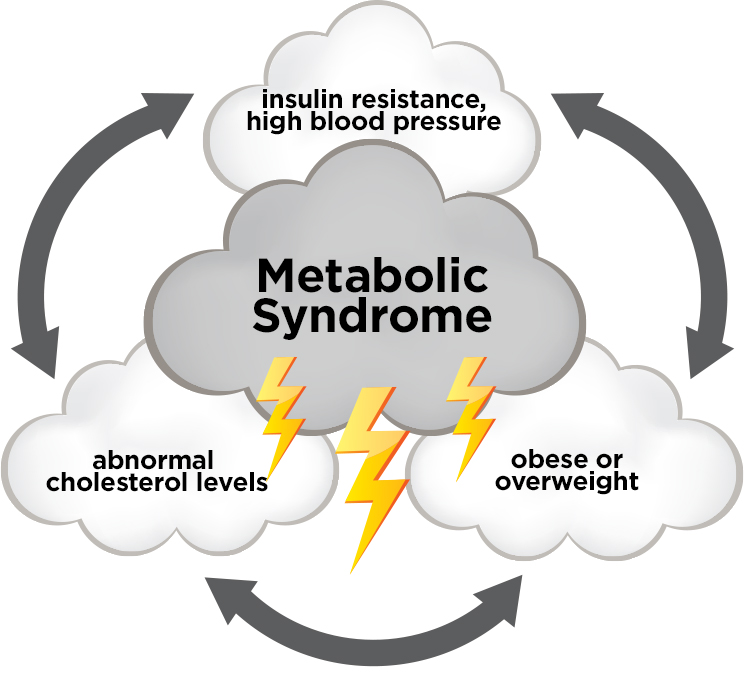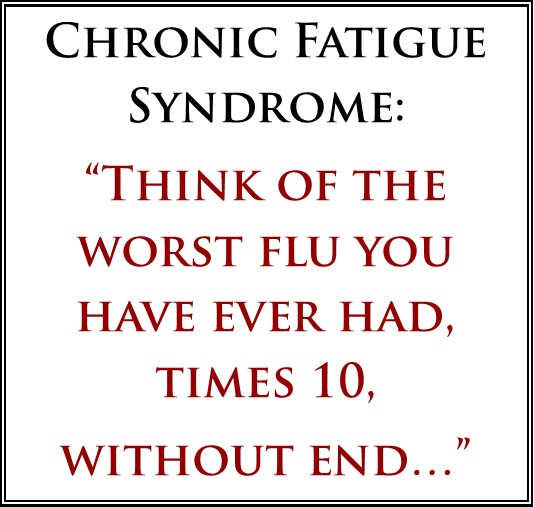The Relationship between Obesity and Cancer
The Relationship between Obesity and Cancer: Different types of Cancers Discussed

The Relationship between Obesity and Cancer can not be taken for granted. Both are chronic in nature and can do great harm if not addressed timely
Even though overweight or obesity doesn’t cause cancer, it is one of the major risks factors of various types of cancers. We talked with experts at AWAREmed Health and Wellness Resource Center to help us understand the relationship between obesity and cancer and that is what we want to discuss in this article. we may not exhaust all the types of cancers but we are going to share with you as much as we can and request you to schedule for an appointment with doctor Dalal Akoury who is also the founder of this facility and she will be able to take you through all your concerns. The following are some of the types of cancers we want to look at:
- Breast cancer
- Endometrial cancer
- Colorectal cancer
- Kidney cancer
- Esophageal cancer
- Pancreatic cancer
- Thyroid cancer
- Gallbladder cancer
The Relationship between Obesity and Cancer: Breast cancer
In the recent past several research findings have established that overweight and obesity are closely associated with a modest increase in risk of postmenopausal breast cancer. This higher risk is projected mainly in women who are yet to use menopausal hormone therapy (MHT) and for tumors that express both estrogen and progesterone receptors. And on the other hand overweight and obesity have, by contrast, been found to be associated with a reduced risk of premenopausal breast cancer in some research findings.
Ideally the connection between obesity and breast cancer is likely to be affected by the stage of life in which a woman gains weight and becomes obese. Efforts are being made by the epidemiologists to address this question. The victim age bracket that is mostly affected includes adults of between 18 and 60 years. The increased risk of postmenopausal breast cancer is however thought to be due to increased levels of estrogen in obese women. After menopause, when the ovaries stop producing hormones, fat tissue becomes the most important source of estrogen. Because obese women have more fat tissue, their estrogen levels are higher, potentially leading to more rapid growth of estrogen-responsive breast tumors.
The Relationship between Obesity and Cancer: Endometrial cancer
Overweight and obesity have been constantly associated with endometrial cancer. This is that type of cancer that affects the lining of the uterus. Indications are that obese and overweight women have two to four times the risk of developing this disease than women of a normal weight, regardless of menopausal status. The experts have also established that the risk of endometrial cancer goes up with weight gain increase in adulthood and more so in women who have never used MHT.
The Relationship between Obesity and Cancer: Colorectal cancer
This is particularly significant in the male gender. It has been found that being obese increases the risk of colorectal cancer. The distribution of body fat appears to be an important factor, with abdominal obesity, which can be measured by waist circumference, showing the strongest association with colon cancer risk.
An association between BMI and waist circumference with colon cancer risk is also seen in women however in relation to men, the relationship is a bit weaker. Nevertheless the use of MHT may modify the association in postmenopausal women. High BMI is also associated with rectal cancer risk, but the increase in risk is more modest.
The Relationship between Obesity and Cancer: Kidney cancer
Periodically obesity has been in many ways associated with renal cell cancer, which is the most common form of kidney cancer, in both men and women. The mechanisms by which obesity may increase renal cell cancer risk are not well understood. High blood pressure is a known risk factor for renal cell cancer, but the relationship between obesity and kidney cancer is independent of blood pressure status. However the high levels of insulin may play a role in the development of the disease.
The Relationship between Obesity and Cancer: Esophageal cancer
Overweight and obese people are about twice as likely as people of healthy weight to develop a type of esophageal cancer called esophageal adenocarcinoma. Most research findings have observed no increased risk, or even a decline in risk, with obesity for the other major type of esophageal cancer, squamous cell cancer. It must be made clear that at the moment the mechanisms by which obesity may increase risk of esophageal adenocarcinoma are not well understood. However, overweight and obese people are more likely than people of normal weight to have a history of gastroesophageal reflux disease or Barrett esophagus, which are associated with an increased risk of esophageal adenocarcinoma. It is possible that obesity exacerbates the esophageal inflammation that is associated with these conditions.
Pancreatic cancer – Many studies have reported a slight increase in risk of pancreatic cancer among overweight and obese individuals. Waist circumference may be a particularly important factor in the association of overweight and obesity with pancreatic cancer.
Thyroid cancer – Increasing weight has been found to be associated with an increase in the risk of thyroid cancer. It is unclear what the mechanism might be.
Gallbladder cancer – The risk of gallbladder cancer increases with increasing BMI. The increase in risk may be due to the higher frequency of gallstones, a strong risk factor for gallbladder cancer, in obese individuals.
The most conclusive way to test whether avoiding weight gain or losing weight will decrease the risk of cancer is through a controlled clinical trial. A number of NIH-funded weight loss trials have demonstrated that people can lose weight and that losing weight reduces their risk of developing chronic diseases, such as diabetes, while improving their risk factors for cardiovascular disease.
However, previous trials and the results of an NCI workshop have demonstrated that it would not be feasible to conduct a weight loss trial of cancer prevention. The reason is that the effect of weight loss on the prevention of other chronic diseases would be demonstrated and the trial consequently stopped so that the public could be informed of the benefits before the effect on the prevention of cancer would become evident. Nevertheless, many observational studies have shown that people who have a lower weight gain during adulthood have a lower risk of:
- Colon cancer
- Breast cancer (after menopause)
- Endometrial cancer
Finally dear reader, from the discussion it is obvious that there are some great truth about the relationship between obesity and cancer. If you understand the tow conditions, then you will want to distances your life with these chronic conditions. We have a duty as experts at AWAREmed Health and Wellness Resource Center to help you get out of this problem in the most professional way. This facility is under the able leadership of doctor Dalal Akoury’s care and talking to her will be the starting point towards your total recovery from all these unpleasant chronic conditions. You can schedule for that very important appointment with her today for the commencement of your journey to total recovery.
The Relationship between Obesity and Cancer: Different types of Cancers Discussed





 Type 2 Diabetes Cure: Natural Treatments that will Prevent and Reverse Diabetes (Natural Health Books) (Volume 2)
Type 2 Diabetes Cure: Natural Treatments that will Prevent and Reverse Diabetes (Natural Health Books) (Volume 2)




















 So when do things start going bad? It is common knowledge that too much or too little of something can wreak havoc in our bodies. In as much as adrenal glands are important especially during stress, too much pressure on then may lead to them wearing out. Cortisol as a stress hormone is produced by the adrenal glands. When you are constantly under pressure stress for a long time, the adrenal glands are under pressure to produce more cortisol. When this happens, hey become worn and therefore not able to function efficiently. What happens after that is that the production of the stress hormone reduces. This means that the body is not in the position of handling subsequent stress, pressure or illnesses as they occur. This is the point when you begin to feel tired even after doing so little. Furthermore, you find it difficult to recover after exercises. Al of a sudden, you frequently fall ill and take long to recover.
So when do things start going bad? It is common knowledge that too much or too little of something can wreak havoc in our bodies. In as much as adrenal glands are important especially during stress, too much pressure on then may lead to them wearing out. Cortisol as a stress hormone is produced by the adrenal glands. When you are constantly under pressure stress for a long time, the adrenal glands are under pressure to produce more cortisol. When this happens, hey become worn and therefore not able to function efficiently. What happens after that is that the production of the stress hormone reduces. This means that the body is not in the position of handling subsequent stress, pressure or illnesses as they occur. This is the point when you begin to feel tired even after doing so little. Furthermore, you find it difficult to recover after exercises. Al of a sudden, you frequently fall ill and take long to recover.


